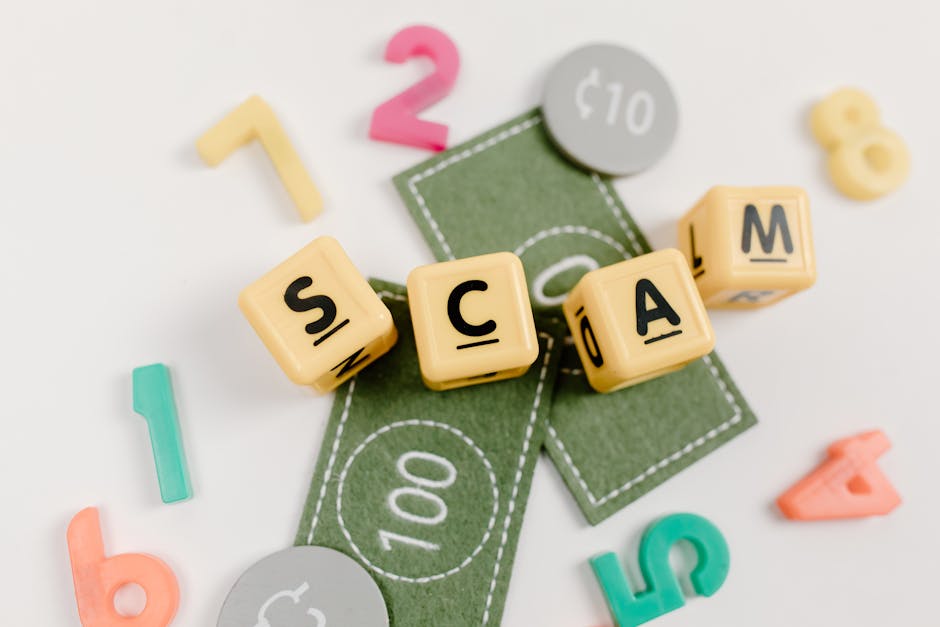
Finding the Truth in a Web of Illusions
Have you ever questioned the authenticity of information you come across on the internet? In today's digital age, it's increasingly challenging to separate truth from fiction. With the abundance of content and the ease of its creation, it's crucial to develop critical thinking skills and learn how to spot deception.
One way to start finding the truth is by questioning the sources. Fact-checking is an essential skill, and it's necessary to verify information from multiple reliable sources. Cross-referencing helps to identify patterns and inconsistencies that can indicate falsehoods.
Another crucial aspect is understanding bias. Everyone has their perspective, and it's essential to be aware of any potential biases that influence information. Fact-based reporting aims to present the truth objectively, but opinion pieces and articles can have inherent biases. Analyzing different viewpoints and consulting diverse sources can provide a more comprehensive understanding of any given subject.
It's also important to consider the credibility and expertise of the author or organization behind the information. Is the source reputable? Are they recognized as experts in the field? Evaluating credentials and determining the trustworthiness of the source can help determine the reliability of the information.
Critical thinking is the key to unraveling illusions and finding the truth. It involves analyzing facts, questioning motives, and developing skepticism. By adopting a curious mindset and seeking evidence-based knowledge, one can navigate through the web of illusions and uncover the truth.
